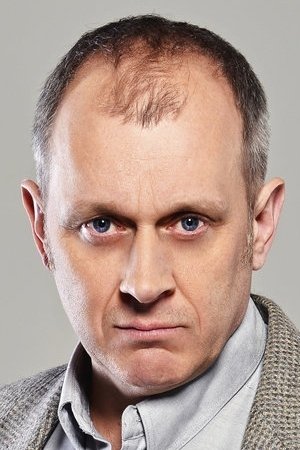
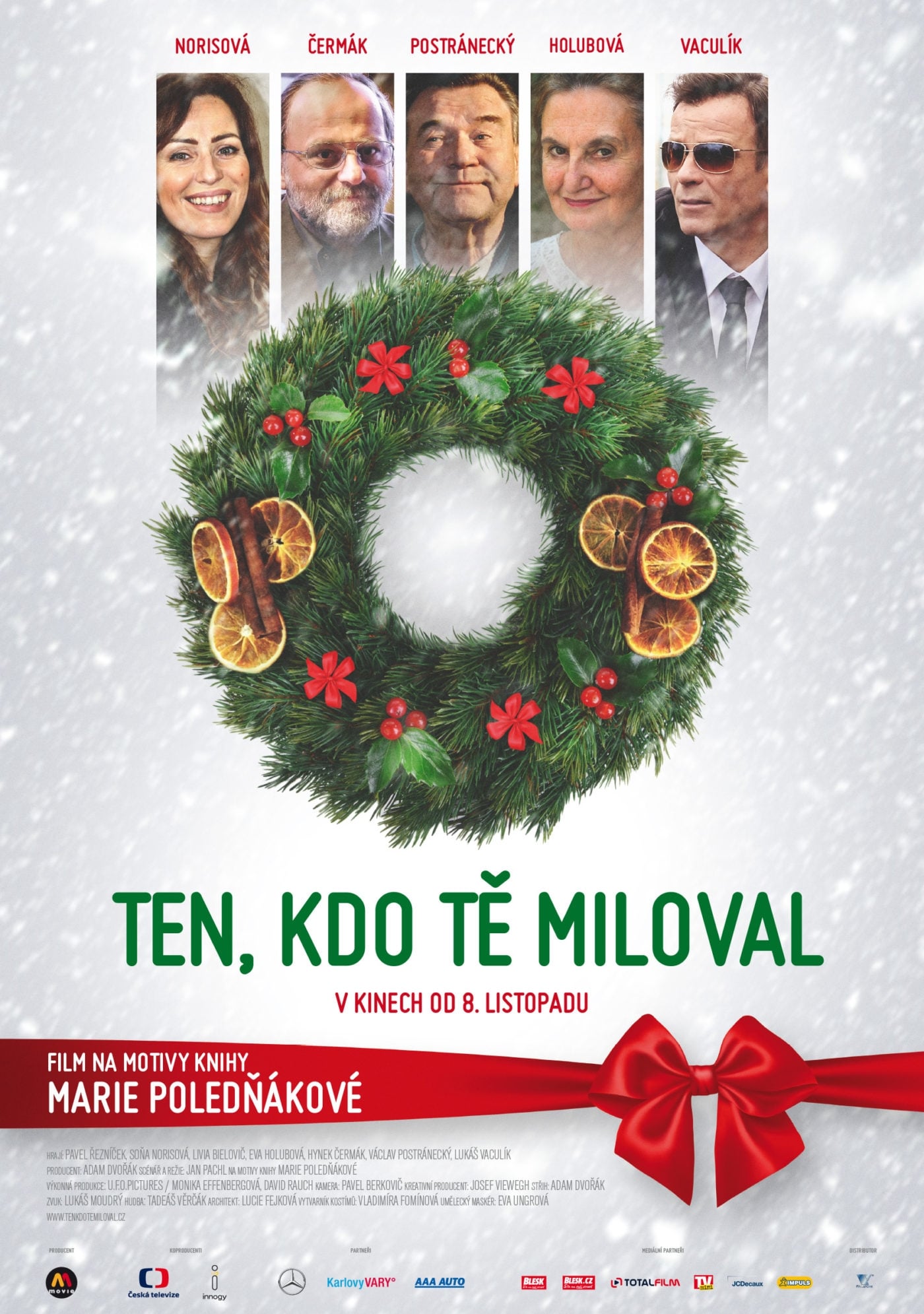
After he dies in a car crash, a policeman's ghost observes as his family grieves and learns more about his life and death than they ever knew.
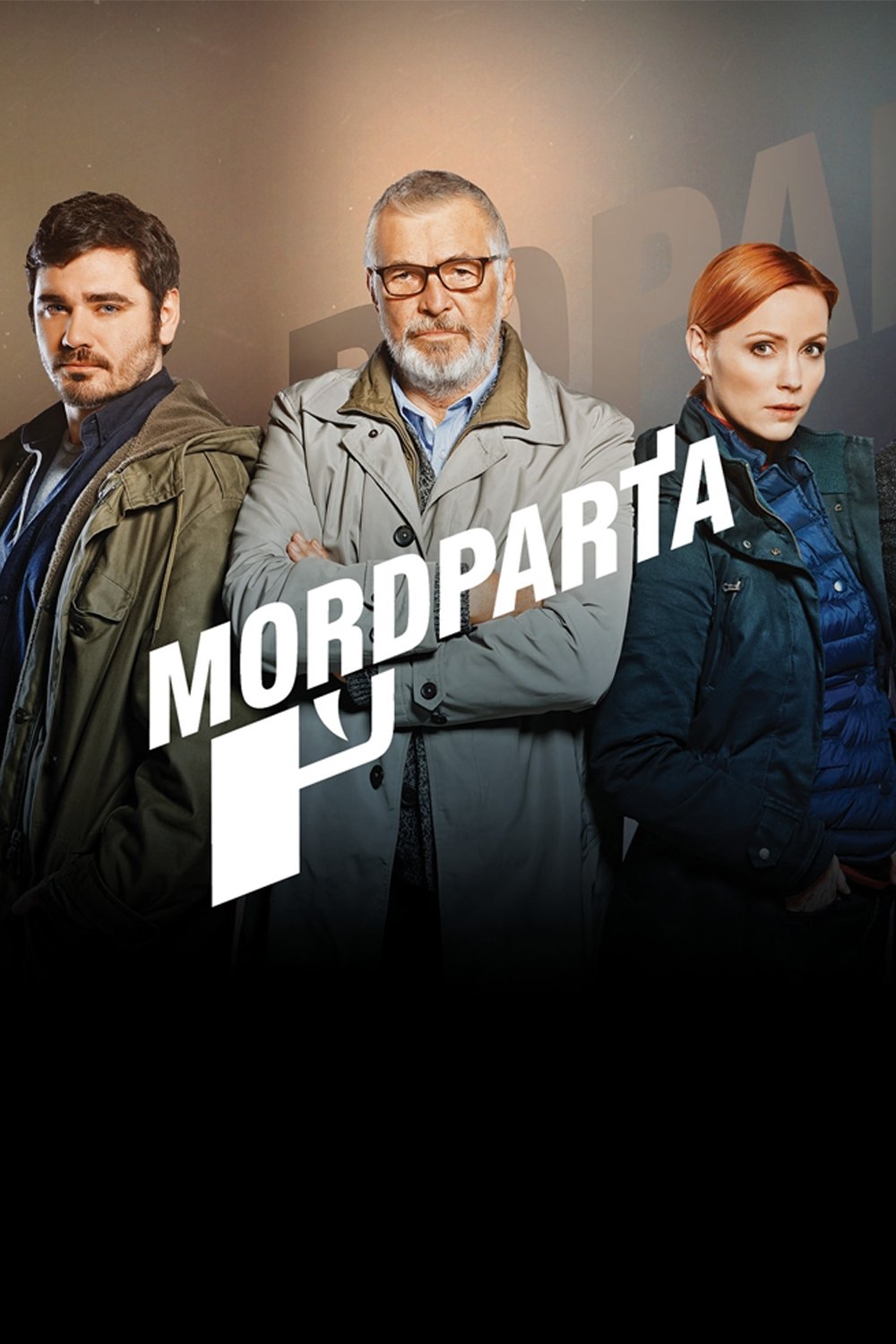
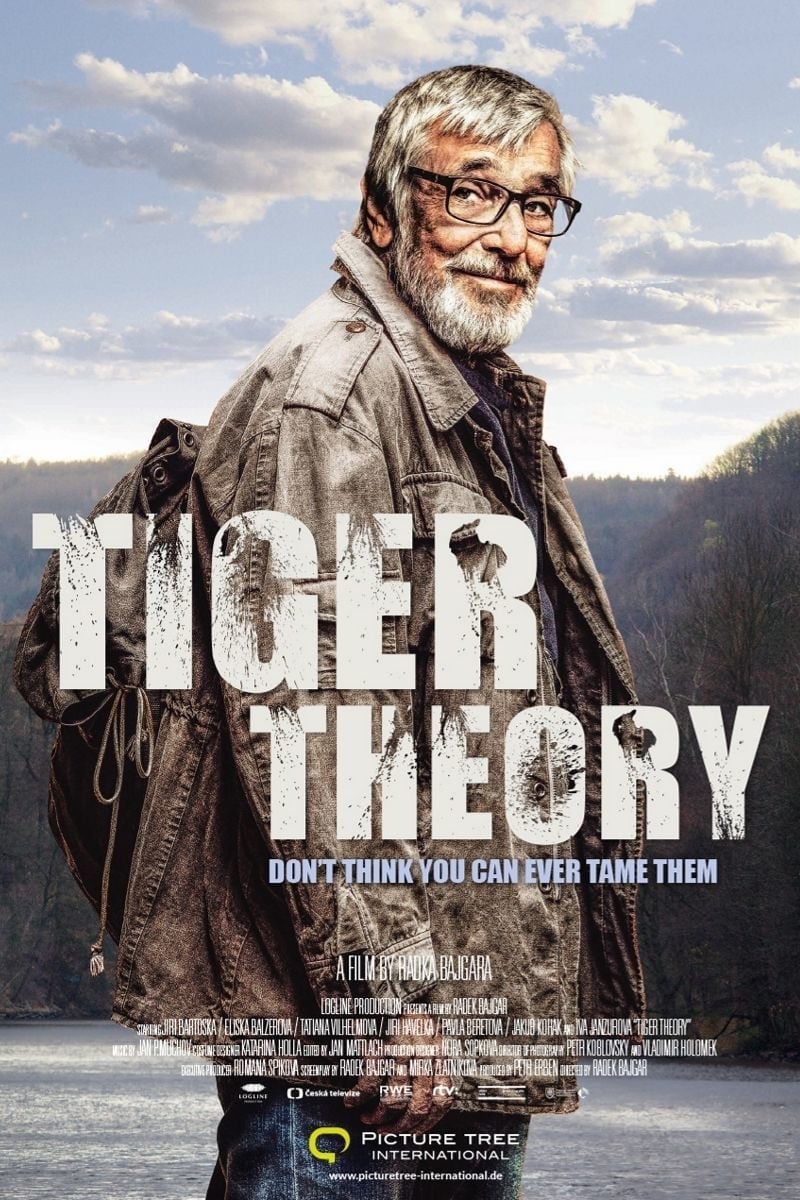
The last drop for Jan's resolution is the voluntary death of his father-in-law, whose strength and patience ran dry. Grandma made decisions about Grandpa's life, old age as well as the funeral. Jan is sure that he and his wife Olga are on the same route. He recalls his past life when he used to have his own will and dreams and he wants to live again with dignity and freedom. He longs to control his own life again. And his solution is escape from the present life. In this movie we watch, in parallel ,the fates of Jan's married daughters Olinka and Alenka and his sons-in-law Erik and Pepík.
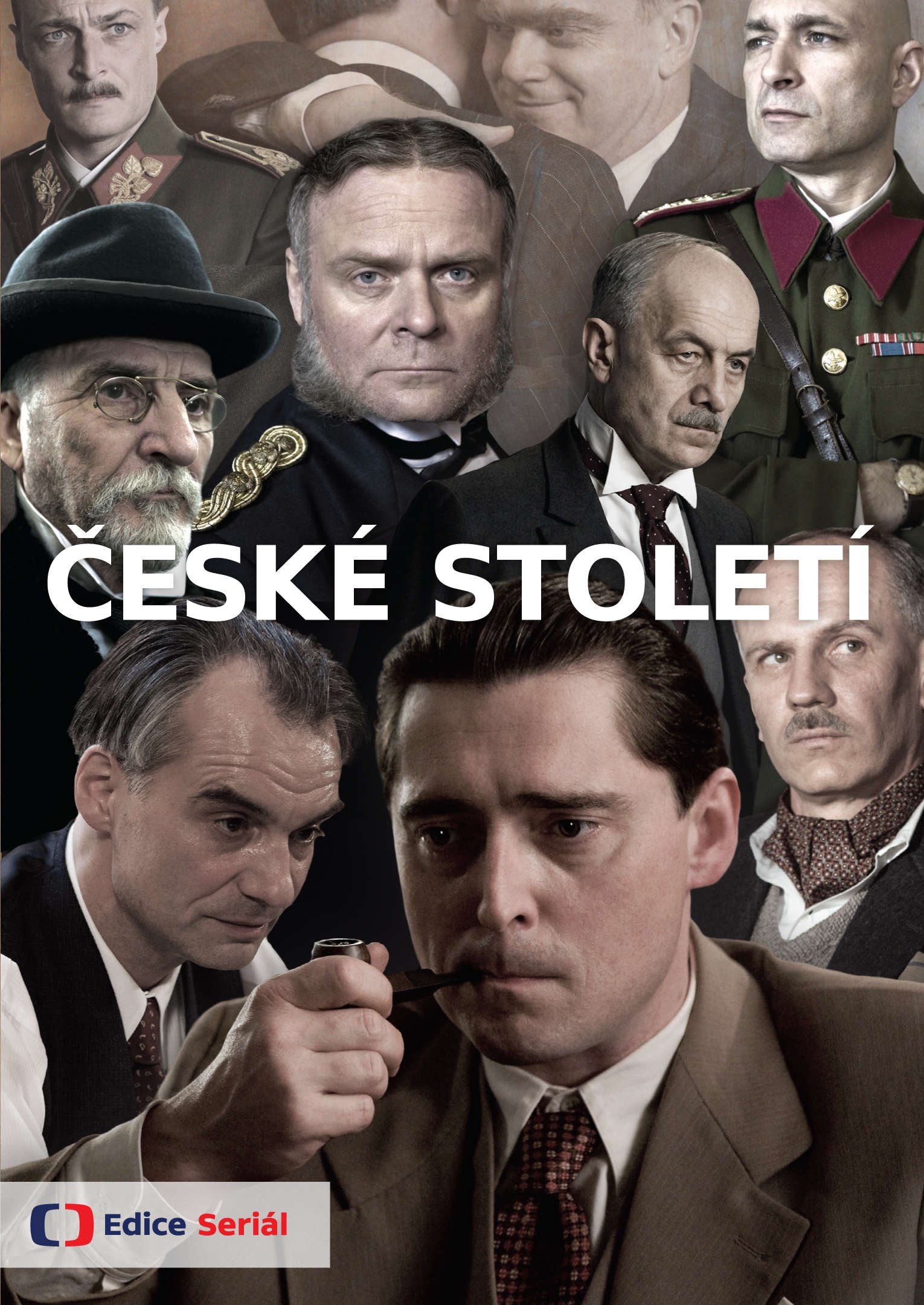
Czech Century brings the key moments of the history of the Czech nation from 1918 to 1989.
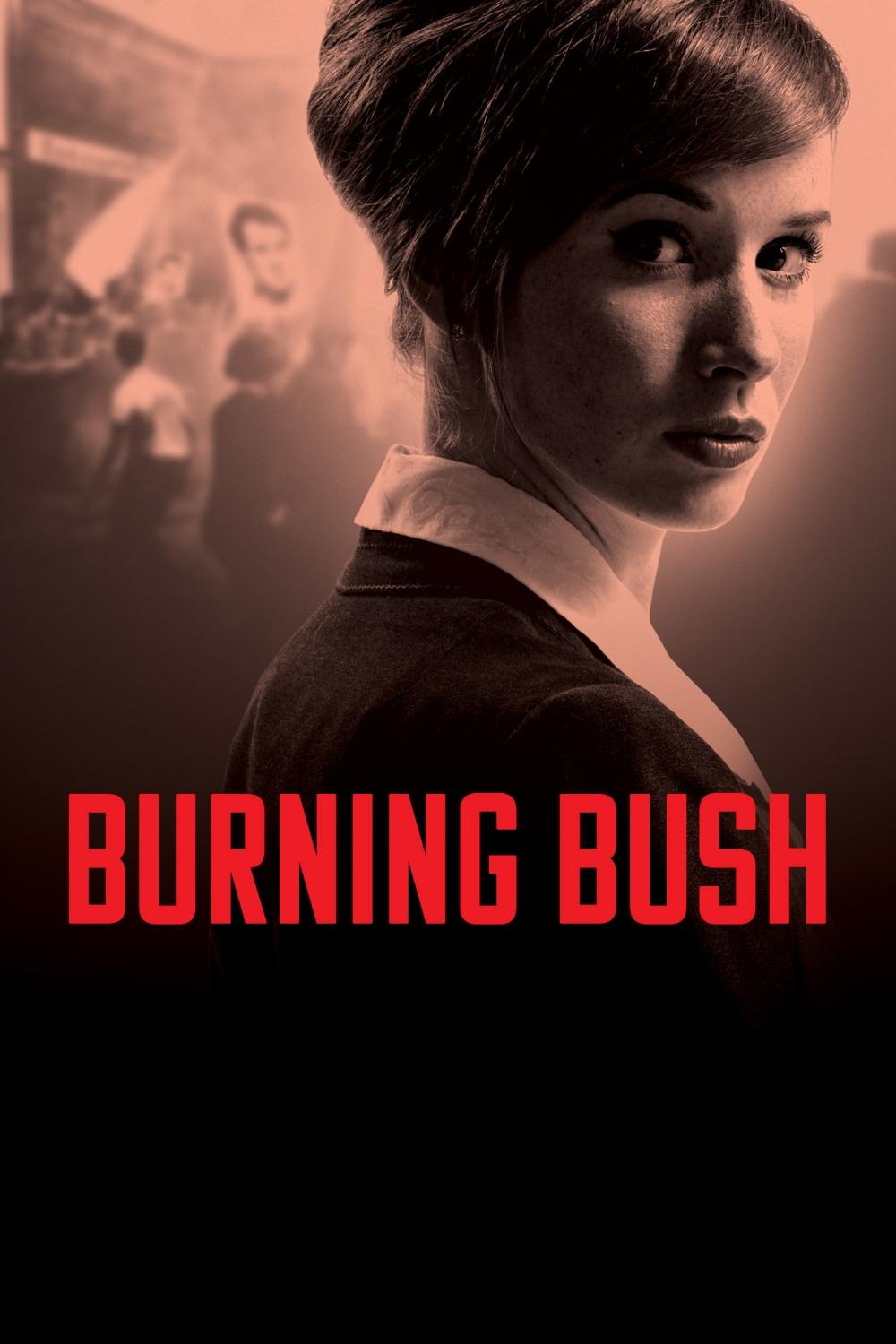
Based on real characters and events, this haunting drama focuses on the personal sacrifice of a Prague history student, Jan Palach, who set himself on fire in protest against the Soviet occupation of Czechoslovakia in 1969. Dagmar Burešová, a young female lawyer, became part of his legacy by defending Jan's family in a trial against the communist government, a regime which tried to dishonour Palach’s sacrifice, a heroic action for the freedom of Czechoslovakia.
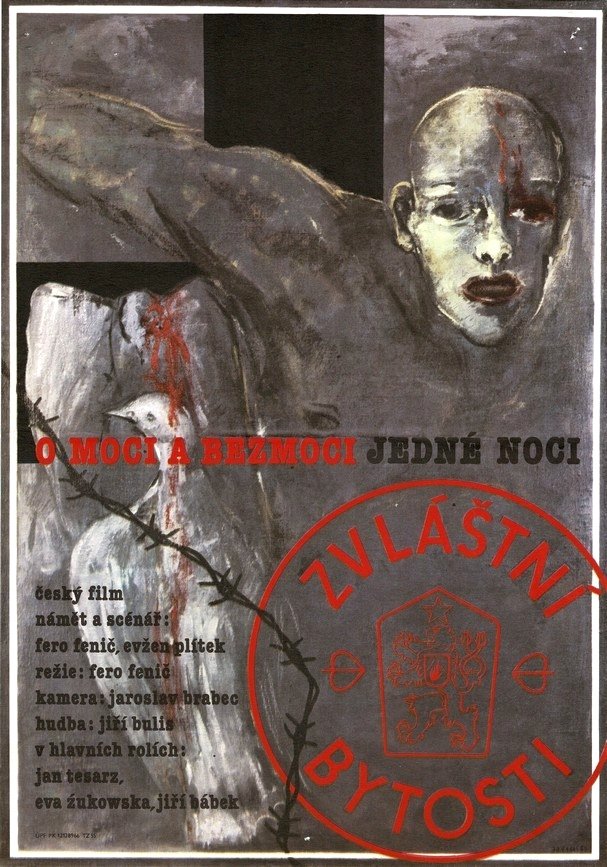
A parable for the end of totalitarianism. Three protagonists - a high official, a secretary, and a border guard - representative of three generations (1948, 1968, 1988) are forced to confront their ideals and places in society through the events of one strange night.
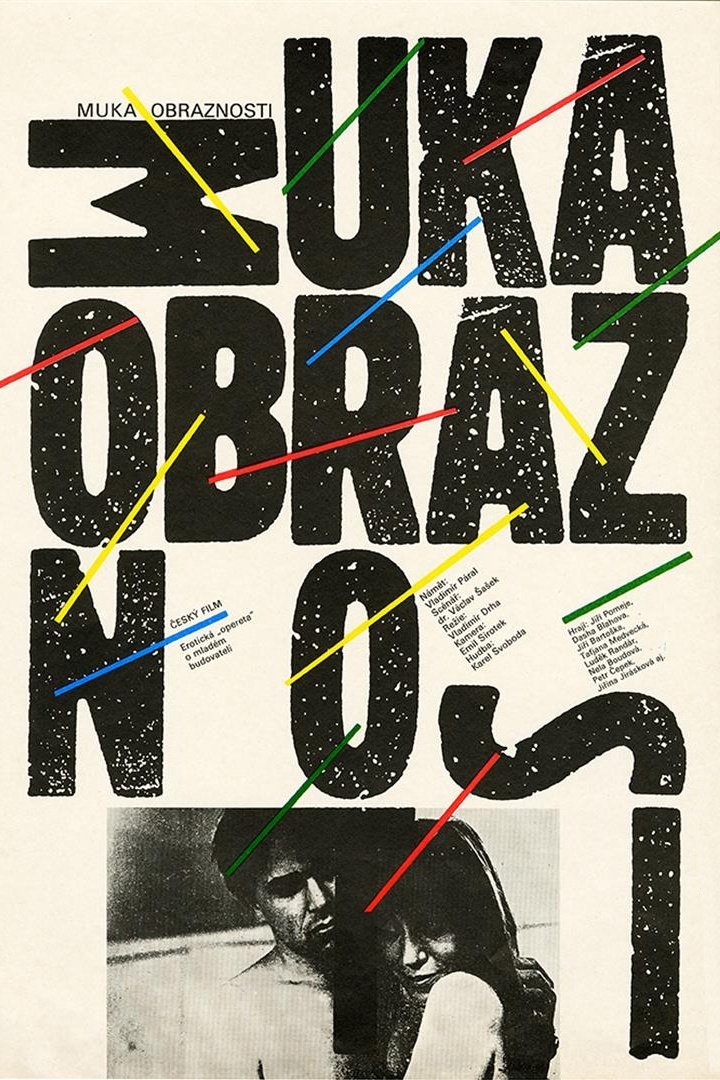
The film tells the story of an enthusiastic young man who joins a textile factory in the late 1950s and assumes that a promising career awaits him - the protagonist is therefore constantly comparing himself to his favourite literary model, the equally ambitious Julian Sorel from Stendhal's fresco The Red and the Black. The result, however, lacks the necessary conviction, the ability to draw the viewer into his world, and remains too contrived, as the chosen period has become a mere non-committal backdrop for amorous games.
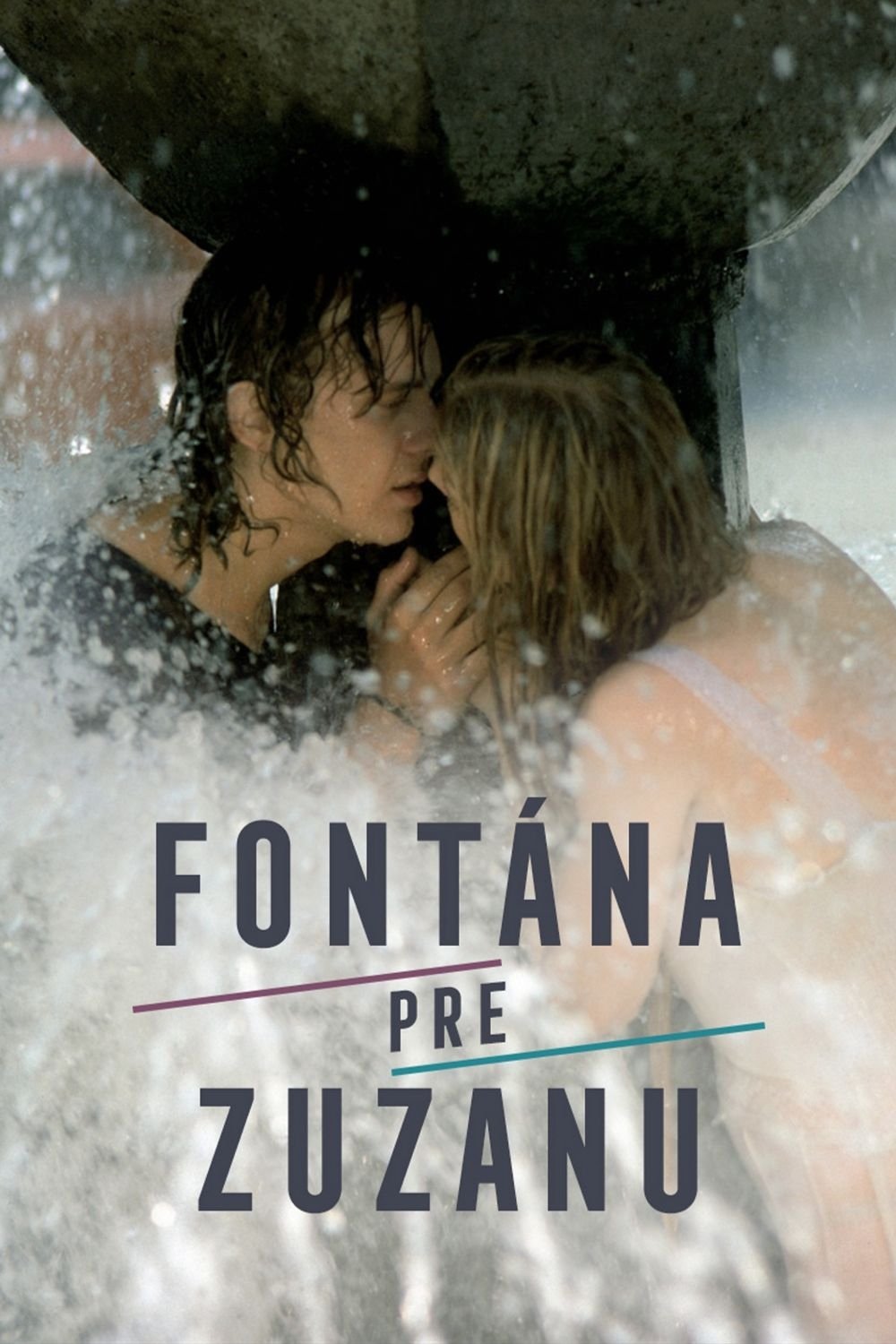
The second full-length film of director Dusan Rapos. It was based on Eleonora Gasparova's novel of the same title. The director tells a story about the life and troubles of young people living in the city. The teenagers have to face real life, make their first major decisions, and learn that romance sometimes brings disappointment. The original Slovak music composed for the film by Vaso Patejdl contributed greatly to the film's atmosphere. It helped to make The Fountain for Suzanne a legendary picture of Slovak cinematography at the time.
By browsing this website, you accept our cookies policy.